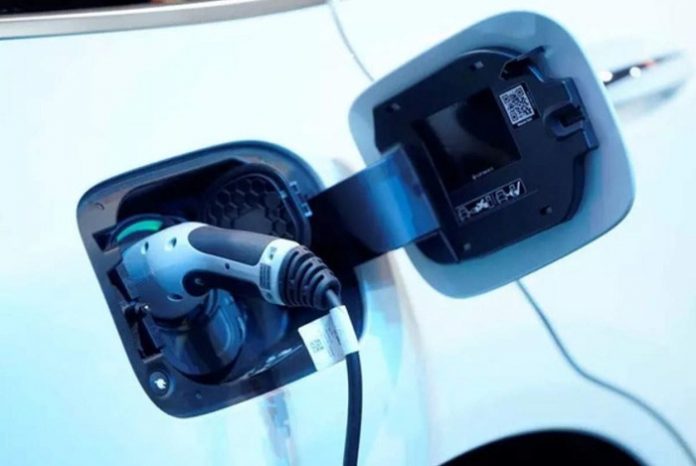Daimler AG’s luxury car brand Mercedes-Benz says it is stepping up its transition to electric cars, doubling the share of sales planned by 2025 and sketching out a market scenario in which new car sales would “in essence” be fully electric by the end of the decade.
The shift to electric vehicles “is picking up speed—especially in the luxury segment, where Mercedes-Benz belongs,” said Ola Kallenius, CEO of Daimler AG and also head of the Mercedes-Benz division. “The tipping point is getting closer and we will be ready as markets switch to electric-only by the end of this decade.”
The company plans to invest 40 billion euros ($47 billion) in battery-driven vehicles between 2022 and 2080. It says it also intends to work with partners on setting up eight factories producing battery cells—the individual components that are assembled into larger battery packs in different vehicles.
The company said Thursday it foresaw half its sales as battery-only or plug-in hybrid cars by 2025, up from a quarter in previous forecasts. In the first six months of this year, such vehicles were 10.3% percent of total sales. The company sold 39,000 battery cars and 121,500 plug-in hybrids, which combine a battery with internal combustion.
The company’s statement updating its electric-vehicle strategy portrayed going all-electric as a “market scenario” the company intended to be ready for, rather than as a fixed deadline for abandoning sales of diesel or gasoline cars. The company said it was “getting ready to go electric by the end of the decade, where market conditions allow.”
In Europe, the share of electric cars is increasing, heavily driven by regulation and government incentives. Last year, electrically chargeable cars made up 10.5% percent of the European market.
Mercedes said Thursday that from 2025 all newly launched vehicle architectures would be electric only, referring to mechanical structures that can be shared among different models.
The company has said that its model lineup will be climate neutral by 2039 throughout its chain of production, but had not specified any date for halting sales of internal combustion engines. For now, sales of highly profitable gasoline and diesel sedans and SUVs are providing the cash to invest in the changeover to electric cars.
Other carmakers including Volkswagen’s Audi, General Motors and Volvo have also indicated they are moving away from gasoline and diesel engines over the long term.
The new Mercedes electric strategy follows proposals from the European Union’s executive commission to tighten limits on carbon dioxide emissions, the primary greenhouse gas blamed by scientists for global warming and climate change. The latest proposal envisions eliminating C02 emissions from cars by 2035. China is also imposing regulations requiring more zero-local emission cars, while the shift to electric cars has moved more slowly in the United States.
“We applaud the high ambition” in the EU climate proposals, chief executive Kallenius said, adding that they would help bring about “a new era of CO2-free living, and we are going to do our part.”








